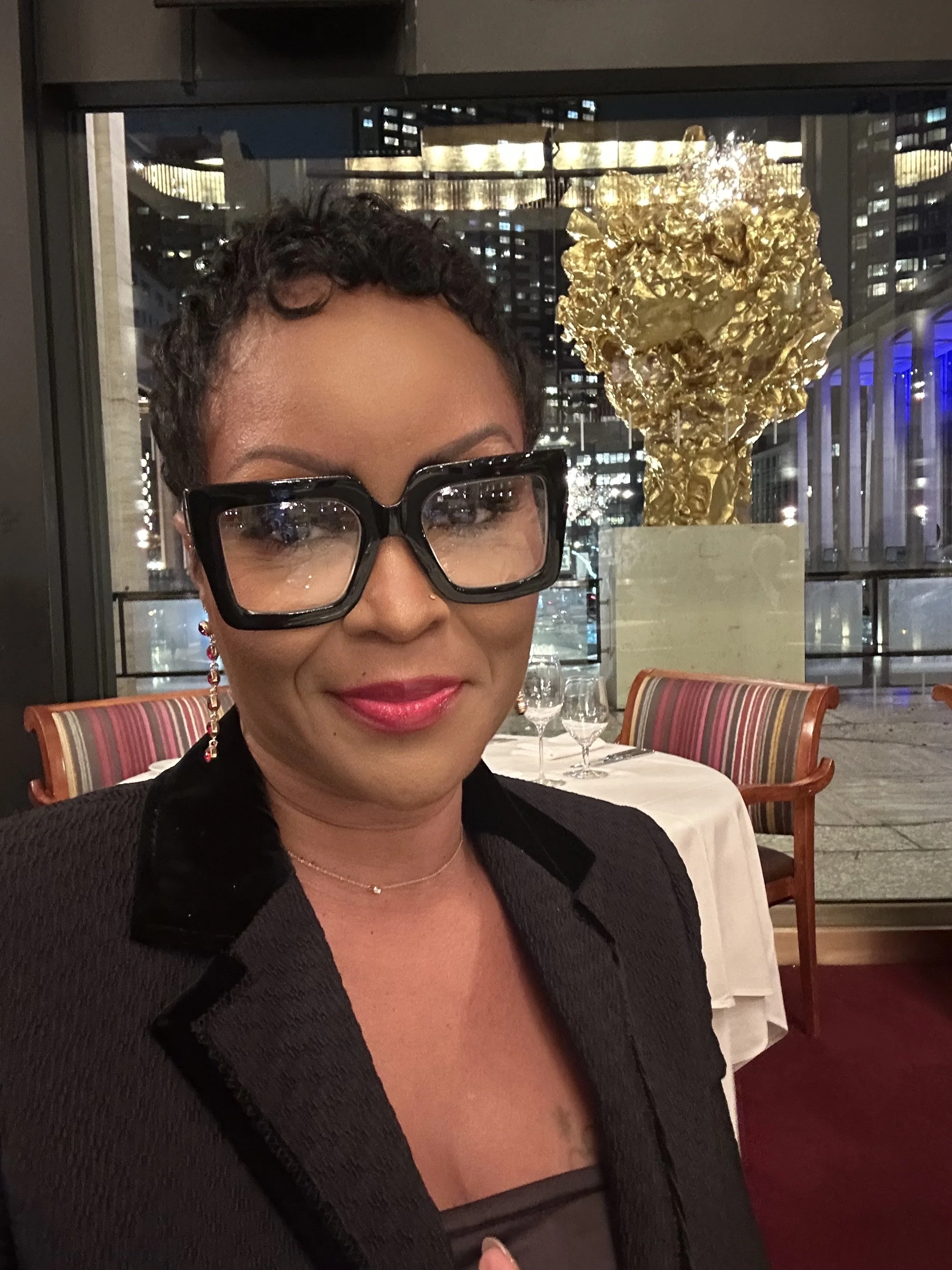
Discover compassionate mental health services at Renew Your Mind. We are a caring team devoted to walking alongside you on your journey toward clarity, balance, and renewed mental wellness.
Why Choose Us?
Accessible & Insurance-Friendly
We provide convenient appointment options were you can all us and book an appointment and we accept most major insurance plans to make care accessible and affordable.
Evidence-Based Treatment
All services are grounded in research-based, evidence-driven practices. Our highly experienced provider specializes in comprehensive psychiatric evaluation and medication management tailored to each individual.
Family-Owned, Community-Focused
As a family-owned practice serving the Middlebury, Connecticut area, we are deeply committed to supporting the mental wellness of our local community with compassion and integrity.
Our Mission
At Renew Your Mind, our mission is to go the extra mile to ensure that every client receives the most current, evidence-based treatment available.
We provide care that is thoughtfully tailored to each individual, taking into account your life experiences, personal history, and unique needs. Our goal is to deliver treatment that is not only clinically sound, but deeply personal and responsive to your journey.
Our Vision
Our vision is to create a safe and supportive environment where healing can begin and thrive.
We prioritize peace, honesty, and emotional security—so you feel comfortable discussing your mental health concerns, treatment options, and medications openly and confidently.
We strive to foster meaningful healing that leads to lasting transformation of both mind and body.

About The Founder
Renew Your Mind was founded by Shakeria Brown, MSN, APRN, PMHNP-BC, during the COVID-19 pandemic to help bridge the gap in access to quality mental health care during a time of widespread uncertainty. Her vision was to provide accessible, compassionate, and evidence-based medication management services to individuals struggling with mental health conditions when support was needed most.
As a former member of the Armed Forces, Shakeria witnessed firsthand the mental health challenges faced by many service members. Those experiences deeply shaped her calling. Today, she remains devoted to serving veterans, service members, and individuals from all walks of life who are navigating mental health concerns.
With over 15 years of clinical experience, Shakeria specializes in the treatment of children, adolescents, young adults, and older adults managing conditions such as bipolar disorder, depression, anxiety, ADHD, PTSD, sleep disorders, and other complex mental health needs. Her approach combines clinical excellence with compassion, ensuring that each client feels heard, understood, and supported.
Shakeria is deeply passionate about the well-being of her patients and is committed to providing the highest standard of care with integrity, empathy, and dedication.


